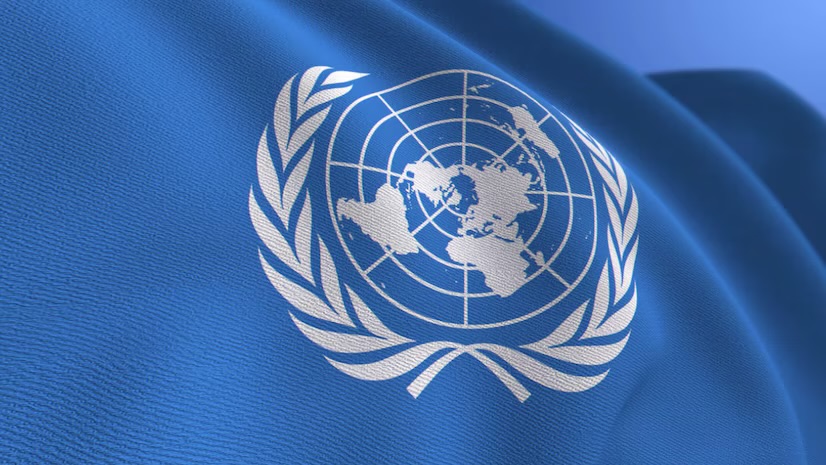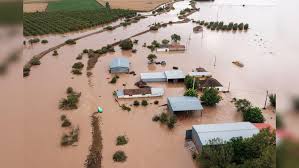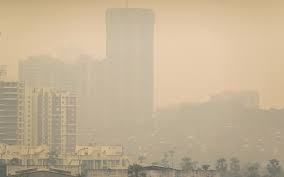‘Poverty has worsened in South Asia at a higher rate than the global average during the COVID-19 pandemic’ – World Bank

A new report by the World Bank, Poverty, Prosperity, and Planet 2024: Pathways Out of the Polycrisis, reveals that approximately 8.5 percent of the global population—equating to 692 million people—are currently living in extreme poverty, defined as surviving on less than $2.15 per day. While this marks a significant reduction from the 37.9 percent living in extreme poverty in 1990, the report raises concerns about a slowdown in progress, with 2020 to 2030 potentially becoming a “lost decade” for poverty alleviation.
The stagnation in poverty reduction is attributed to several overlapping crises, including slow economic growth, increased fragility, climate change, and heightened global uncertainty. The report highlights the need for urgent action to address these issues to prevent further regression in poverty levels.
South Asia Hit Hardest
The report shows that poverty has worsened in South Asia at a higher rate than the global average during the COVID-19 pandemic. In 2024, 75.6 percent of South Asians—approximately 1.48 billion people—are living on less than $6.85 per day, a poverty line typically used for upper-middle-income countries. This figure is significantly higher than the global average of 43.6 percent, with South Asia accounting for nearly 42 percent of the world’s population living under this threshold.
The World Bank uses three poverty benchmarks: $2.15 per day for extreme poverty, $3.65 for lower-middle-income countries, and $6.85 for upper-middle-income countries. In 2024, an estimated 1.7 billion people (21.4 percent) live on less than $3.65 per day, and about 3.5 billion people (43.6 percent) survive on less than $6.85 per day.
Future Goals at Risk
Despite progress since the 1990s, the report warns that the number of people living in poverty has remained relatively steady due to population growth. If economic growth continues to lag and inequality is not addressed, the World Bank’s goal of reducing extreme poverty to below three percent of the global population will not be achieved for many decades.
The report stresses that while it is essential to continue efforts to reduce global poverty and promote shared prosperity, it is equally important to consider environmental sustainability in these efforts.



















Facebook Comments